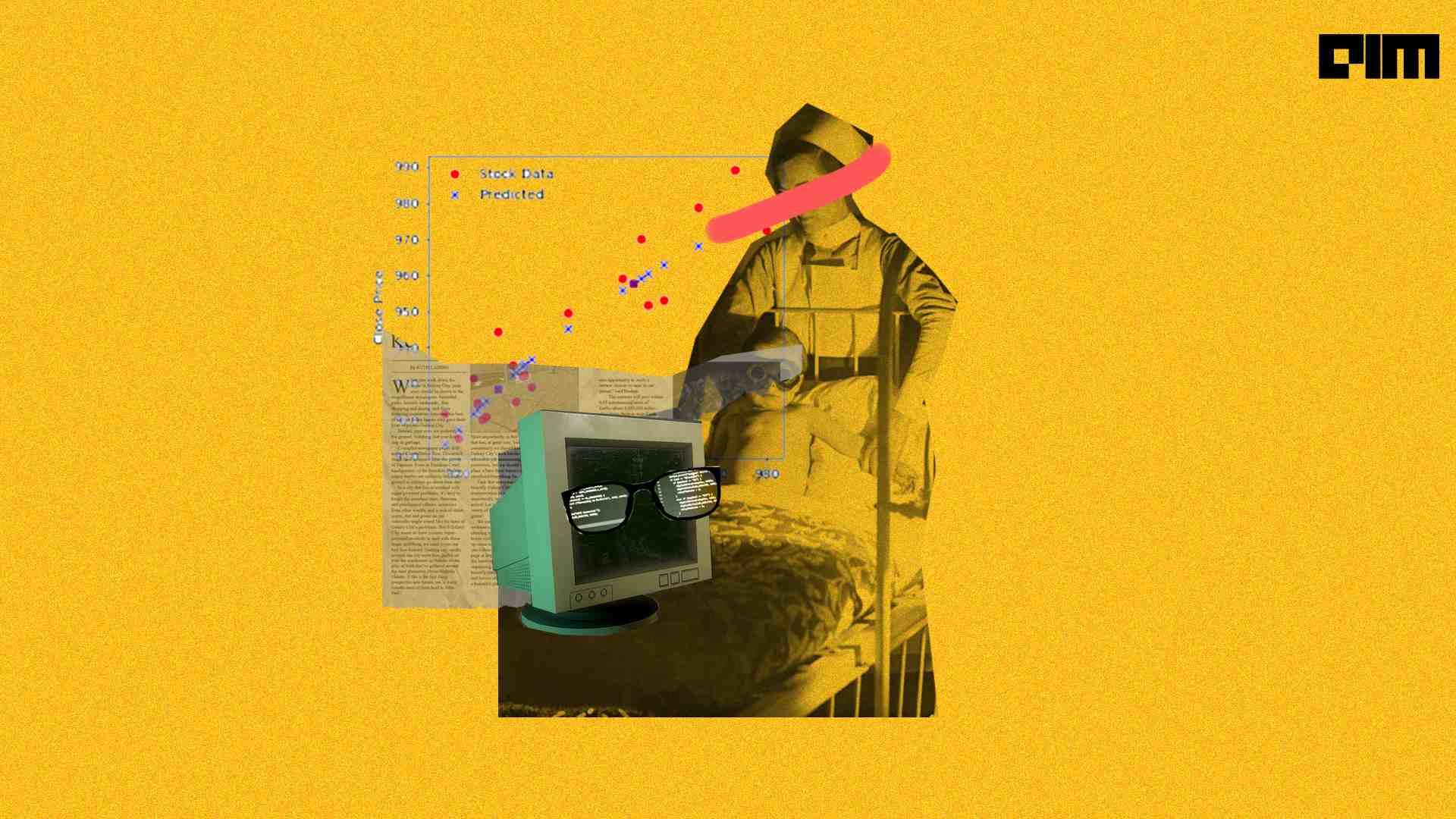Analyticsindiamag
1M
8

Image Credit: Analyticsindiamag
AI Strikes Back Against Vaccine Hesitancy
- Researchers are using generative AI tools to combat vaccine hesitancy, with a focus on personalised messaging based on personality traits.
- A study by Hang Lu at the University of Michigan utilized ChatGPT to create tailored vaccine messages for individuals.
- AI-generated messages targeted at extraversion traits were effective in reducing vaccine beliefs in participants.
- However, there are risks of AI reinforcing harmful beliefs if not carefully managed.
- Long-term belief change may require repeated exposure and reinforcement from trusted sources.
- AI has the potential to assist in creating customised health messages at scale, but human intervention remains crucial.
- The study highlights the transformation in targeted messaging with AI, emphasizing the need for ethical oversight in AI application.
- AI could be instrumental in combating misinformation in healthcare, but ethical considerations and biases must be addressed.
- Collaboration between AI and human input is essential to optimize public health communication and avoid reinforcing stereotypes.
- Community involvement, diverse datasets, and transparency standards are vital for responsible AI-generated content deployment in public health.
Read Full Article
Like
For uninterrupted reading, download the app